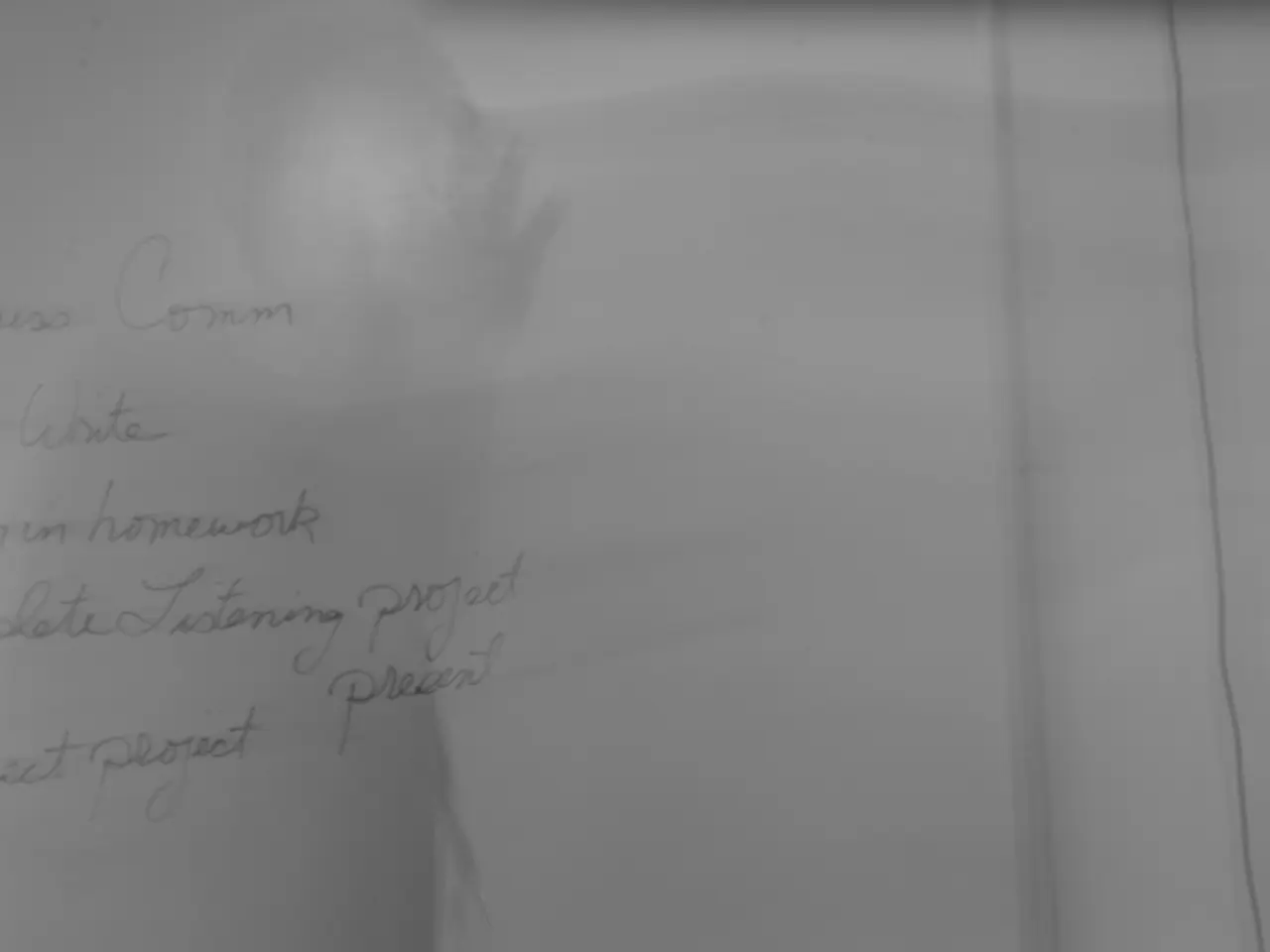Economists forewarn that implementing a £50bn tax increase is necessary for Rachel Reeves to adhere to fiscal regulations.
The UK government is grappling with warnings from economic groups, including the National Institute of Economic and Social Research (NIESR), that it may need to raise more than £50 billion through tax increases.
The potential plans under discussion to achieve this include increases in business taxes and council tax, speculation around a wealth tax, enhanced tax compliance and enforcement by HMRC, and the implementation of a new digital PAYE service.
Reports suggest that the government has already levied around £25 billion of new business taxes and a £7 billion rise in council tax during the current parliamentary term. However, Conservative MPs have opposed new taxes on asset values and called on the government to rule out such measures. Labour, on the other hand, has rejected motions to freeze council tax, indicating tax rises in that area may continue.
The government has also allocated an increase in funding to HM Revenue & Customs (£1.7 billion over 4 years) for compliance and debt management staff. This compliance effort aims to boost tax collection by reducing evasion and avoidance, contributing significantly towards the £50 billion target. HMRC reported a £9 billion compliance yield in just the first quarter of 2025-26.
The implementation of a new digital PAYE service is also intended to simplify tax collection and improve taxpayer engagement, contributing indirectly to better tax compliance and potentially higher revenues.
While no single official comprehensive tax plan detailing the full £50 billion increase is published, these elements — business and council tax rises, potential wealth tax discussions, and strengthened HMRC collection efforts — represent the main areas under consideration or already underway to close the revenue gap highlighted by economic analysts such as NIESR.
The Office for Budget Responsibility (OBR) is expected to publish an updated medium-term forecast alongside the Autumn Budget. The HM Treasury Spokesperson has stated that the economy is expected to grow by the end of the decade.
However, NIESR has cut its growth projections for 2026 to 1.2 percent, down from its earlier forecast of 1.5 percent. The institute warns that the government will miss its "stability rule" by £41.2bn by 2029-30.
Dan Neidle, chief of Tax Policy Associates, has warned that rumors of an exit tax could be damaging for the UK economy. Professor Millard, NIESR's deputy director, expresses disappointment over the lack of a plan when Labour came into power. He suggests that many of the Chancellor's current problems could have been prevented with a clear plan from Labour.
Professor Millard also emphasizes the importance of protecting the most vulnerable in society when implementing tax rises. He warns that the current freeze on the personal allowance is negatively impacting the incomes of the lowest paid.
The HM Treasury Spokesperson does not speculate on the OBR's forecast. Labour ministers are being urged to clarify whether they will introduce an exit tax for wealthy investors to raise funds.
The UK Treasury needs to raise more than £50bn in fresh taxes to adhere to its fiscal rules. The HM Treasury Spokesperson emphasizes the government's focus on growing the economy as the best way to strengthen public finances.
- The UK government, in a bid to meet its £50 billion tax revenue target, is considering various finance-related measures such as increases in business and council taxes, potential wealth tax discussions, and strengthened HMRC collection efforts.
- Reports suggest that the government has already raised around £32 billion (£25 billion from new business taxes and a £7 billion rise in council tax) during the current term, but Conservative MPs have opposed new taxes on asset values.
- While Labour has rejected motions to freeze council tax, indicating tax rises in that area may continue, Professor Millard, NIESR's deputy director, has emphasized the importance of protecting the most vulnerable in society when implementing tax rises. He warned that the current freeze on the personal allowance is negatively impacting the incomes of the lowest paid.






